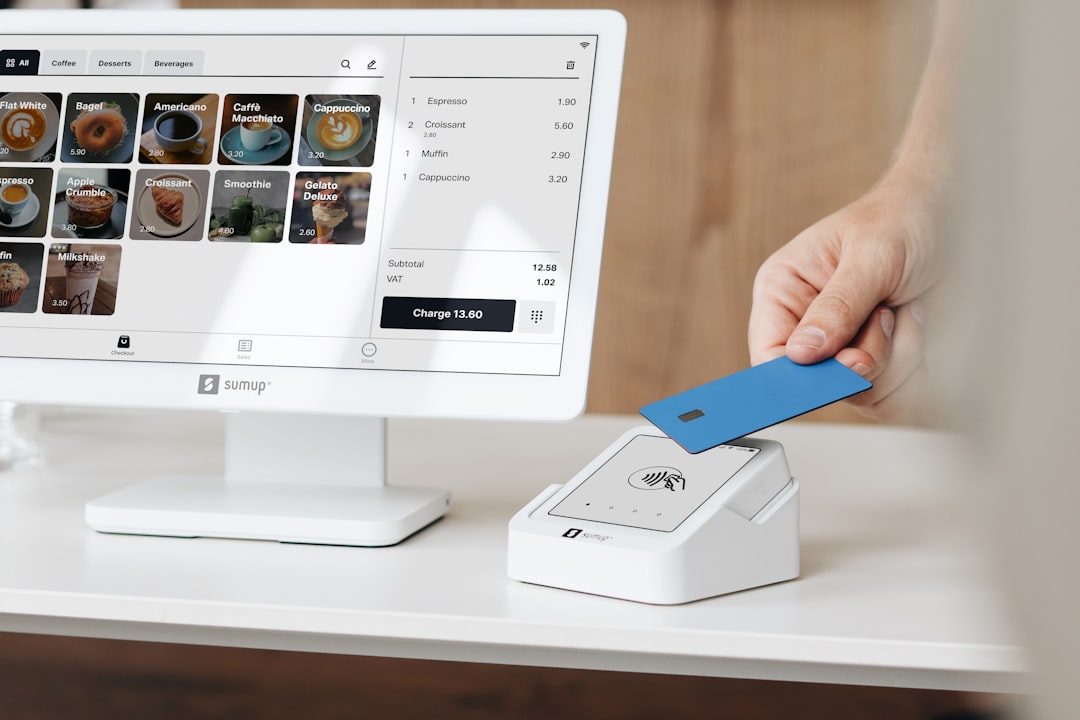In West Virginia, a 20% surge in telemarketing complaints and numerous class action lawsuits against robocall law firms reflect growing consumer frustration with unwanted calls. Violations include unauthorized prerecorded messages, lack of consent, and ignoring do-not-call lists, all in breach of the Telephone Consumer Protection Act (TCPA). Robocall law firms are playing a crucial role in holding offenders accountable, navigating telemarketing regulations, and protecting residents from nuisance robocalls.
“In the digital age, unwanted calls or robocalls have become a pervasive issue, leading to an uptick in class action lawsuits across the nation, including West Virginia. This article offers a comprehensive overview of recent trends in such lawsuits, delving into rising statistics and common violations. We explore the key legal developments in West Virginia, focusing on state laws, court decisions, and the evolving landscape. Furthermore, we profile top robocall law firms in West Virginia, examining their role in representing consumers, success rates, and future predictions in this burgeoning field.”
Recent Trends In Class Action Lawsuits For Unwanted Calls

In recent years, class action lawsuits related to unwanted calls have seen a notable rise, with West Virginia not being an exception. Many consumers have united against telecom companies and robocall law firms, seeking justice for intrusive and harassing phone calls. This trend reflects a growing awareness and collective action among individuals who feel their privacy rights have been violated.
The increase in such lawsuits can be attributed to the prevalence of automated telephone marketing systems that often result in excessive and unsolicited calls. West Virginia residents have actively participated in these legal actions, empowering themselves to hold responsible parties accountable. Robocall law firms in West Virginia have become more common as consumers seek specialized legal help to navigate complex regulations surrounding telemarketing practices.
– Statistics and increase in cases

In recent years, the number of class action lawsuits related to unwanted calls, particularly in West Virginia, has seen a significant surge. This trend reflects a broader national issue, as robocall law firms target consumers with relentless phone marketing. According to data from the Federal Communications Commission (FCC), West Virginia residents have experienced a 20% increase in complaint volume regarding unsolicited telemarketing calls compared to the previous year.
The rise in cases not only highlights the increasing frustration among West Virginians but also underscores the need for tighter regulations and consumer protection. Robocall law firms, often operating with little regard for individual privacy, have led to a plethora of lawsuits seeking redress for victims. These legal actions aim to not only compensate affected individuals but also send a strong message that excessive and unwanted calls will no longer be tolerated.
– Common types of robocall violations

In the realm of telecommunications, robocalls have become a persistent issue for many West Virginia residents, leading to numerous class action lawsuits. These automated phone calls, often unwanted, violate consumer privacy and rights. Common types of robocall violations include unauthorized use of prerecorded messages, failure to obtain consent before calling, and disregard for do-not-call lists. Robocall law firms in West Virginia have seen a surge in cases where businesses, despite regulatory guidelines set by the Telephone Consumer Protection Act (TCPA), continue to inundate consumers with unsolicited calls.
Recent lawsuits highlight the increasing frustration among citizens regarding these intrusions. Consumers are seeking justice and compensation for their disrupted lives and privacy rights. Robocall law firms in West Virginia are navigating this complex landscape, advocating for victims and holding culprits accountable. They are instrumental in ensuring that businesses adhere to legal frameworks designed to protect consumers from nuisance calls.






